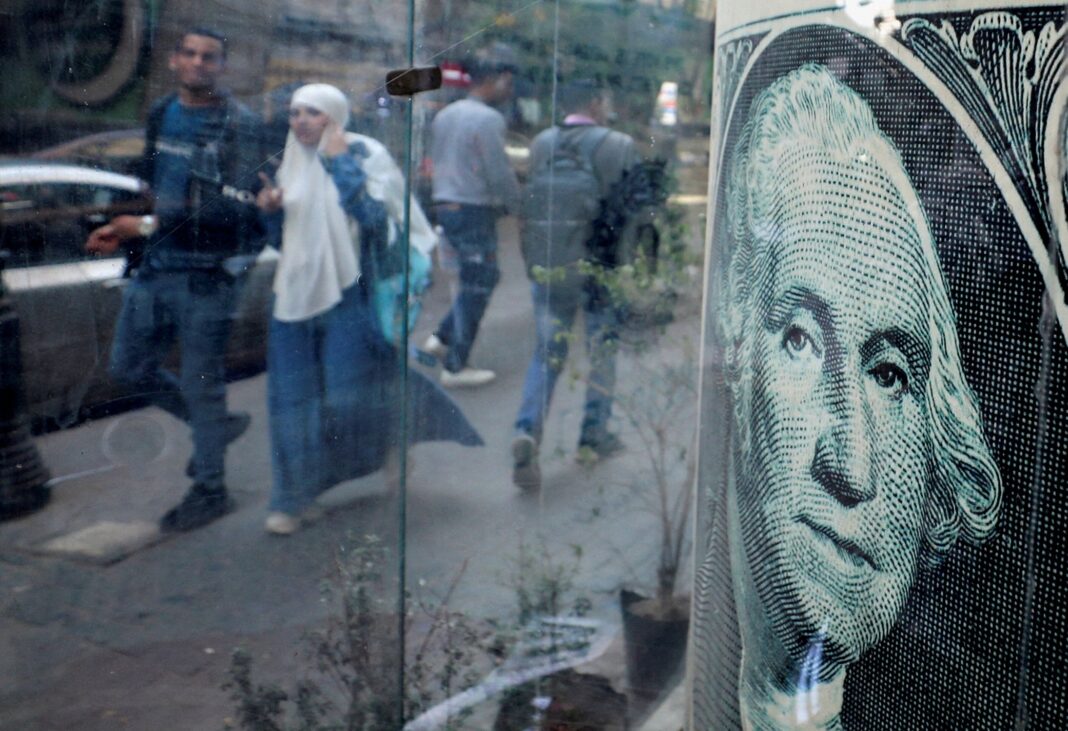Fitch Ratings, a global credit rating agency, has upgraded Egypt’s Long-Term Foreign-Currency Issuer Default Rating (IDR), a measure of a country’s ability to meet its financial obligations in foreign currencies, from ‘B-’ to ‘B,’ with a positive outlook as of 1 November.
Credit rating agencies assess the creditworthiness of nations and organizations and play a huge role in shaping economic perceptions and influencing borrowing costs, which is the interest rates of funding whereas lower credit means higher borrowing costs and strong rating means lower costs.
Their ratings, categorized on a scale ranging from ‘AAA,’ the highest level of creditworthiness, to ‘D,’ which signifies default, are widely used by investors and policymakers to assess risks and opportunities in the global financial markets.
One of the primary drivers of Egypt’s recent rating upgrade is the sharp increase in Egypt’s international reserves.
Earlier this year, Egypt’s international reserves, which act as a financial buffer, enabling the country to stabilize its currency, service its debts, and weather external economic shocks, had dwindled to alarming levels.
According to Al Ahram, Egypt’s international reserves have shown consistent growth, reaching a total of USD 46.9 billion (EGP 2.33 trillion), as of October. The number marks a huge increase from USD 35.22 billion (EGP 1.75 trillion) in December 2023, its highest level since May 2022, as reported by the Central Bank of Egypt.
However, the upgrade, the first since 2019, follows a remarkable surge in international reserves from USD 11.4 billion (EGP 565.67 billion) in March to USD 46.942 billion (EGP 2.324 trillion) in October, highlighting confidence in the country’s economy and may boost investor confidence.
Fitch Ratings cited the recent foreign investment inflows, including the Ras El-Hekma deal, which strengthened foreign currency reserves, a more flexible exchange rate, and tighter monetary policies as reasons for the upgrade.
The agency also reported that inflation fell from 35.7 percent in February to 26.4 percent in September, with more decreases expected and interest rates likely to drop, improving the capacity to manage external debt and obligations.
However, a rating of ‘B, which indicates a speculative grade often referred to as “non-investment grade”, highlights persistent vulnerabilities, such as high inflation of 26.5 percent as of October, a rising cost of living, a substantial external debt burden, and structural economic challenges.
For ordinary Egyptians, the upgrade might not translate into immediate economic relief, but over time, improved investor confidence and economic stability could spur job creation and support economic growth.


